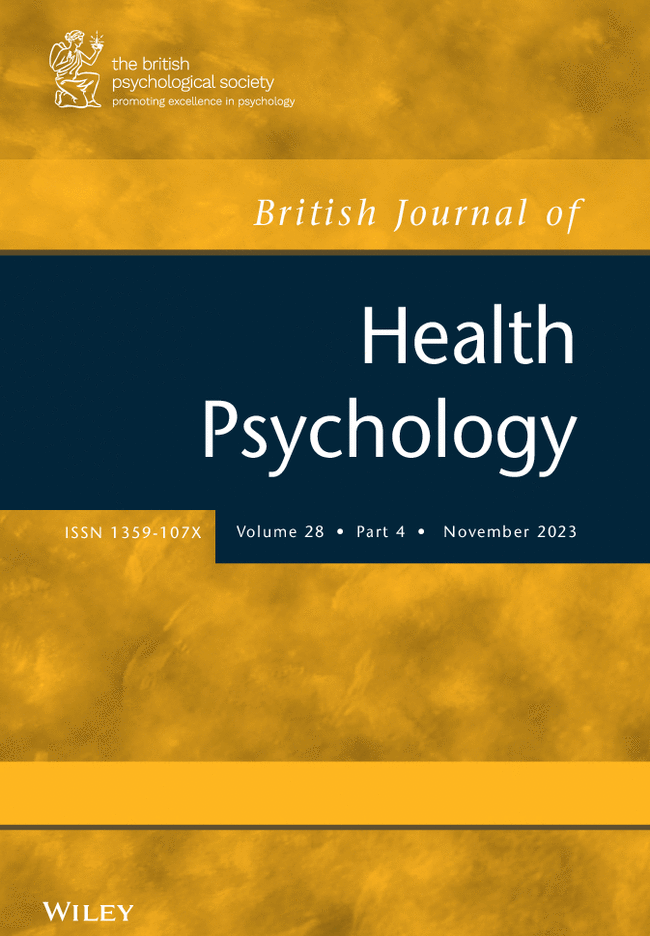Mechanisms and outcomes of a very low intensity intervention to improve parental acknowledgement and understanding of childhood overweight/obesity, embedded in the National Child Measurement Programme: A sub-study within a large cluster Randomized Controlled Trial (MapMe2)
Abstract
Objectives
Parental underdetection of child underweight and overweight/obesity may negatively affect children's longer-term health. We examined psychological/behavioural mechanisms of a very low-intensity intervention to improve acknowledgement and understanding of child weight after feedback from a school-based weight monitoring programme.
Design
This sub-study was nested within a larger 3-arm cluster-RCT (1:1:1; N = 57,300). Parents in all groups received written postal feedback on their child's weight classification. Intervention participants received an enhanced feedback letter with computer-generated photorealistic images depicting children of different weight classifications, and access to a website about supporting healthy weight, once (intervention one) or twice (intervention two; repeated 6 months after first ‘dose’).
Methods
A quantitative process and outcome evaluation using baseline and 12-month BMI z-scores of an opt-in sub-sample of 502 children aged 4–5 and 10–11. Children completed dietary reports, used accelerometers (MVPA), and self-reported self-esteem; 10–11-year-olds also self-reported quality of life and dietary restraint. Parents reported perceptions of child's weight classification, and their intentions, self-efficacy, action planning and coping planning for child physical activity, dietary intake; parents of 4–5-year-olds reported their child's quality of life.
Results
Neither intervention differentially improved parental acknowledgement or understanding of weight classification at follow-up, although parents in all groups reported better acknowledgement after receiving feedback. The interventions did not affect behavioural/psychological determinants, weight outcomes, children's self-esteem, dietary restraint or quality of life.
Conclusions
The interventions neither improved parental acknowledgement of child weight, child BMI z-scores and their psychological/behavioural determinants, nor worsened psycho-social sequelae.


 求助内容:
求助内容: 应助结果提醒方式:
应助结果提醒方式:


